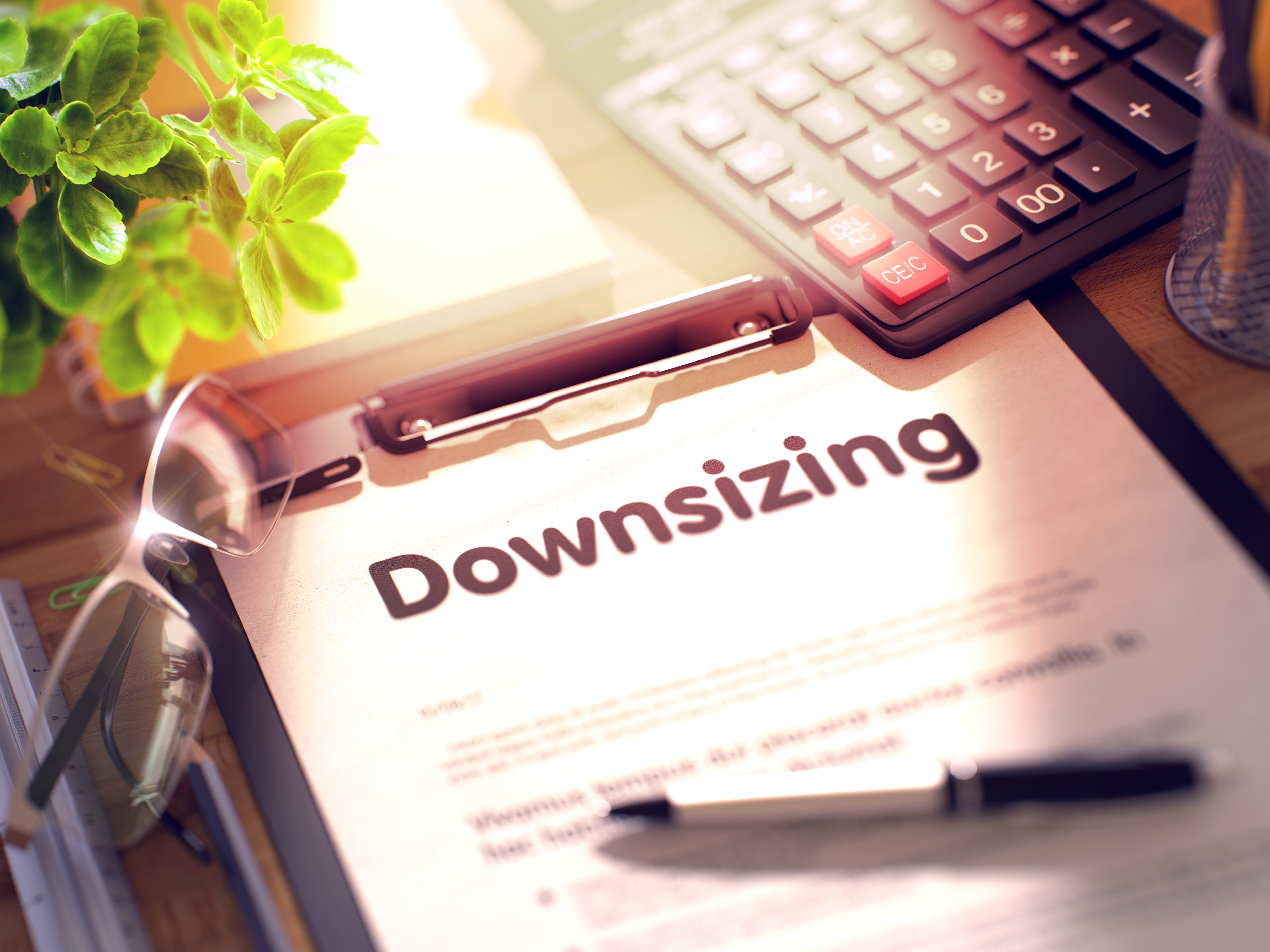With US inflation rates rising rapidly small and large manufacturers alike are being affected by inflationary pressures in much the same way, although small manufacturers will undoubtedly feel the sting of rising inflation more deeply than their larger counterparts. These pressures are being further exacerbated by:
- The speculation around a possible recession hitting between now and Q4 of 2023
- All-time record low small business expectations being reported
- The lowest consumer economic expectations being reported since 1980
Knowing that a recession may be coming does not tell us when, why, or how it may occur. However, paired with dropping small business and consumer confidence, a looming recession is only going to worsen the effects of rising inflation rates on US manufacturers.










